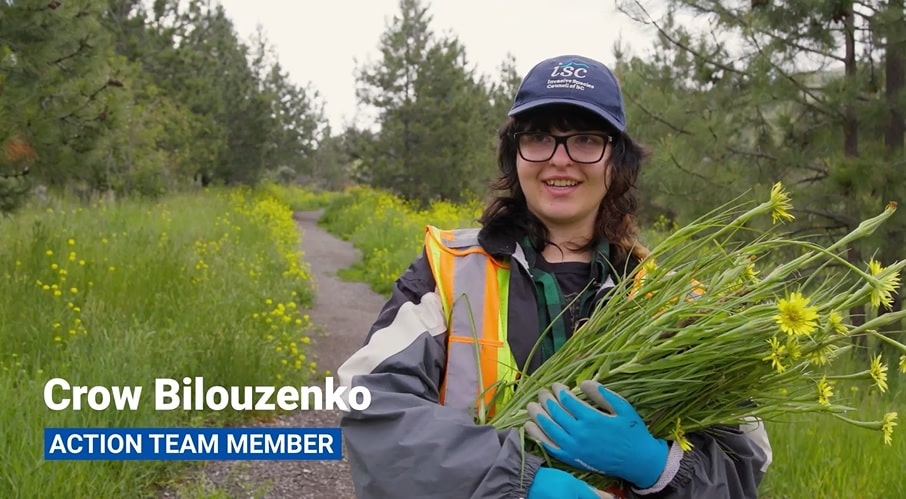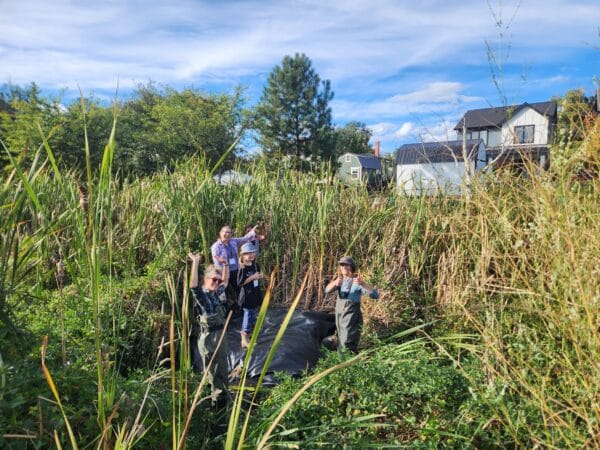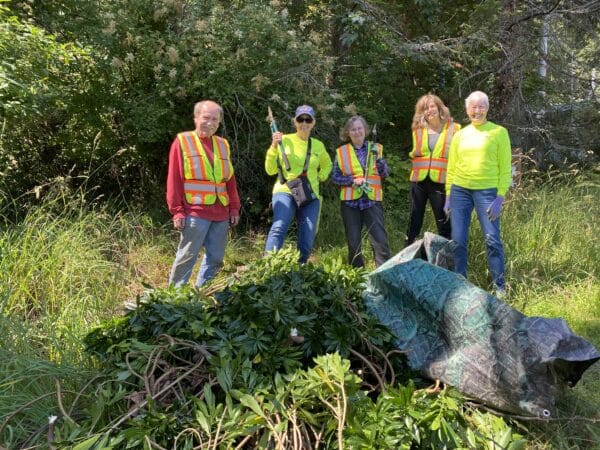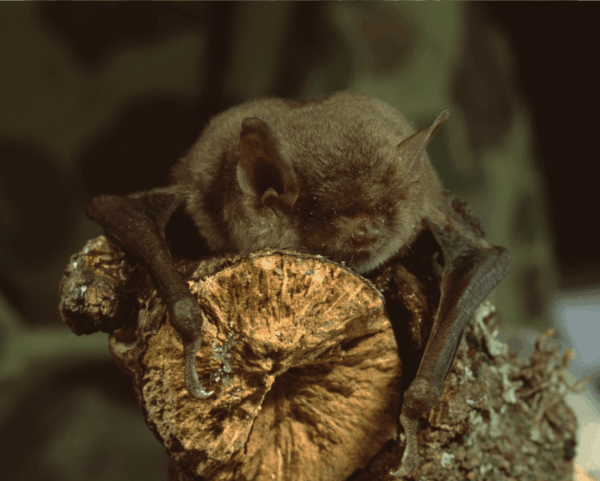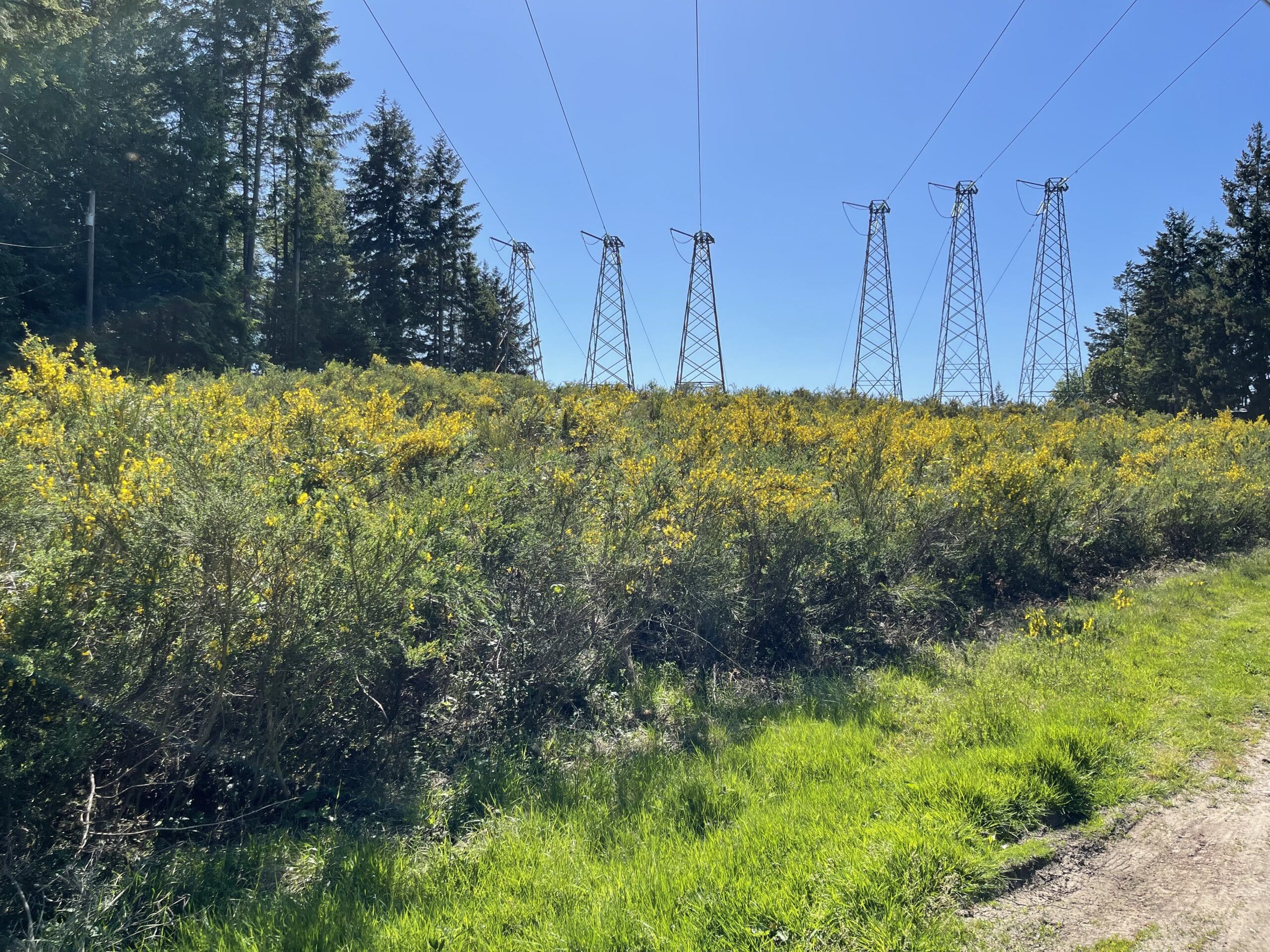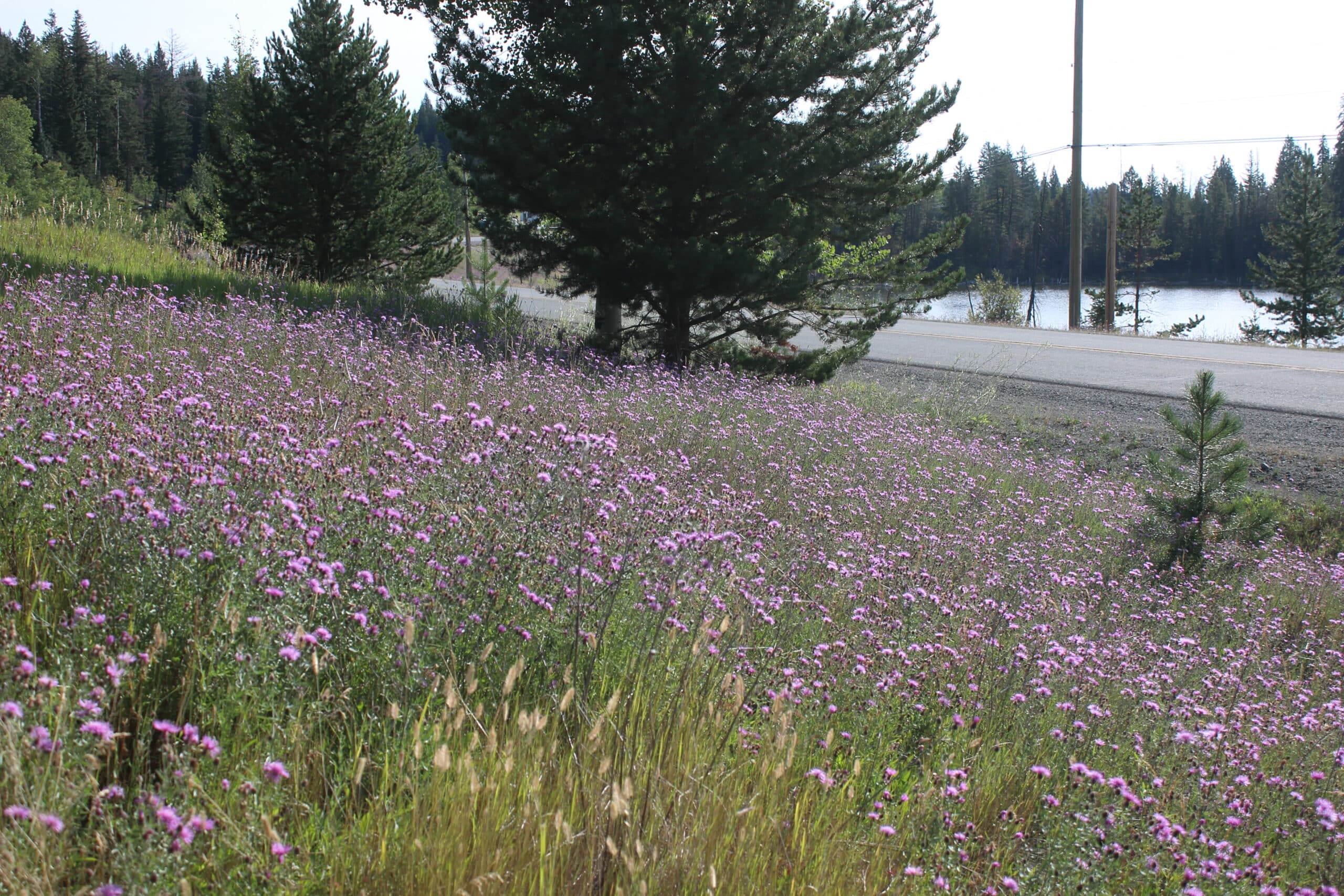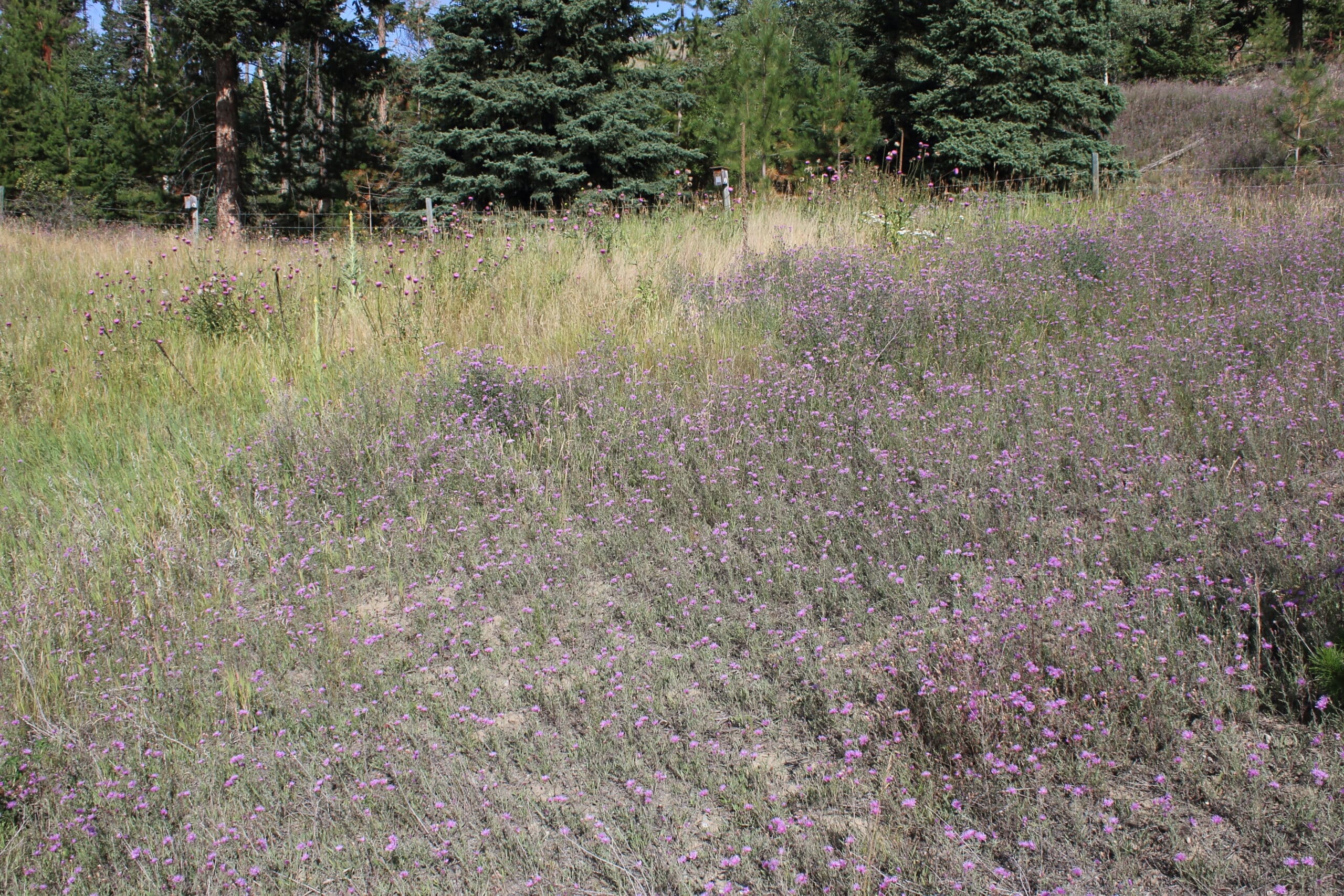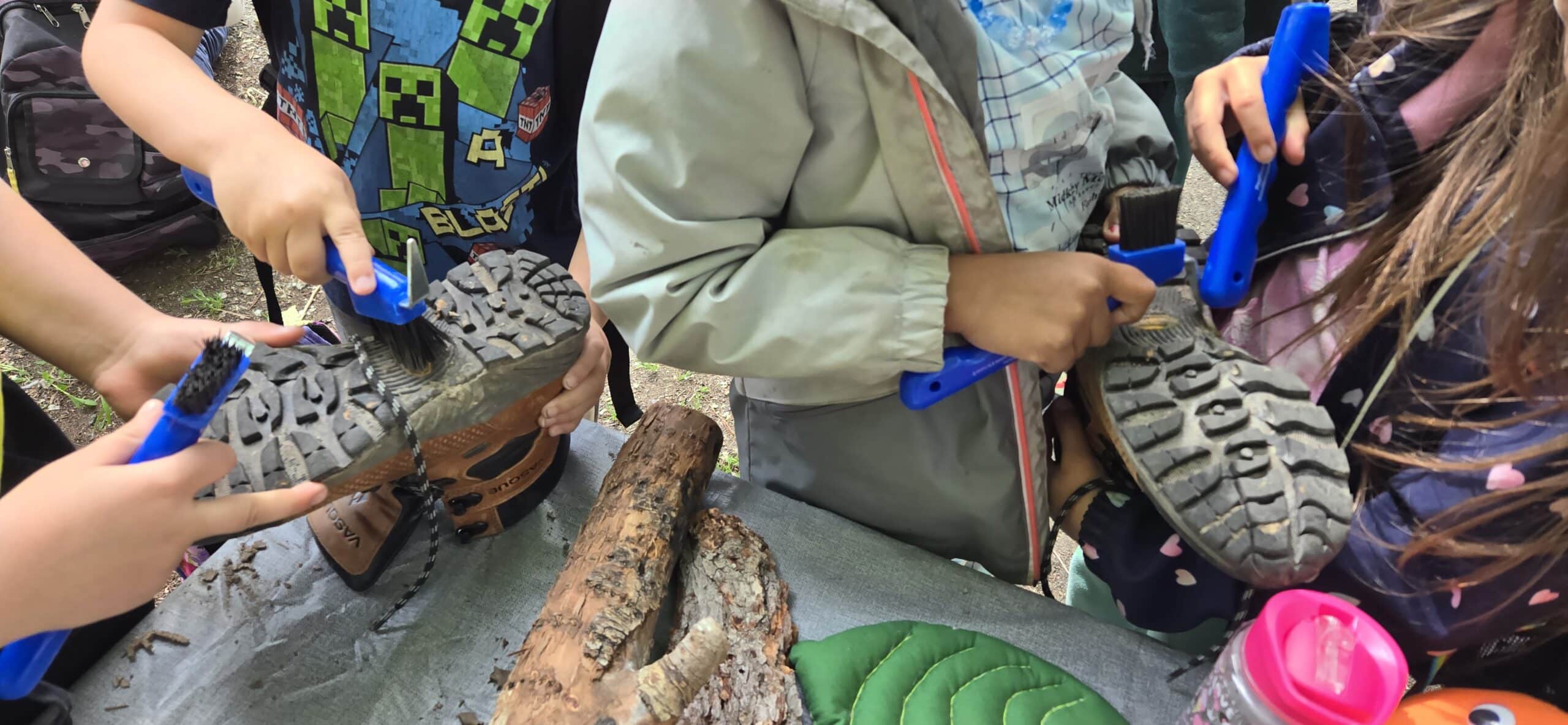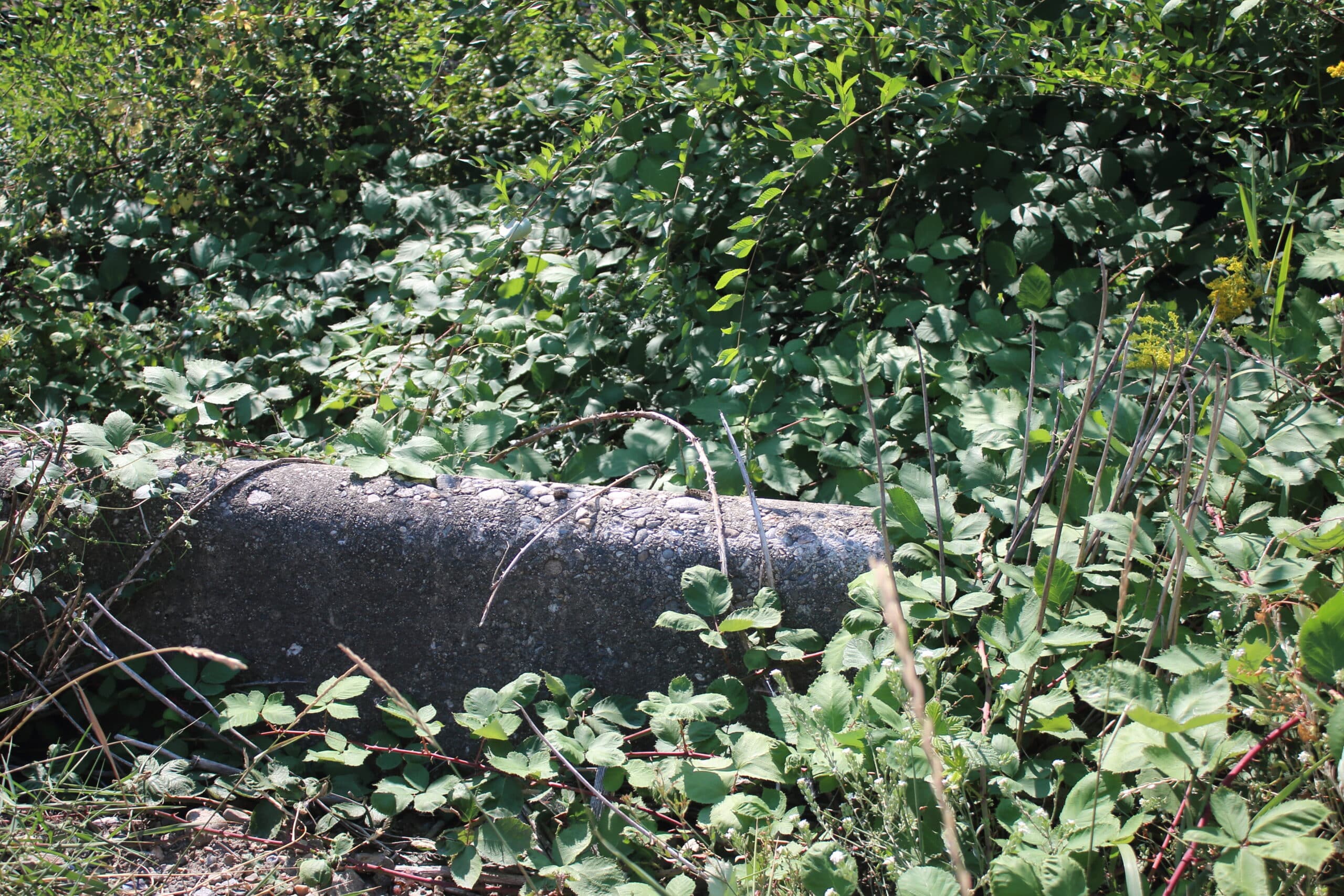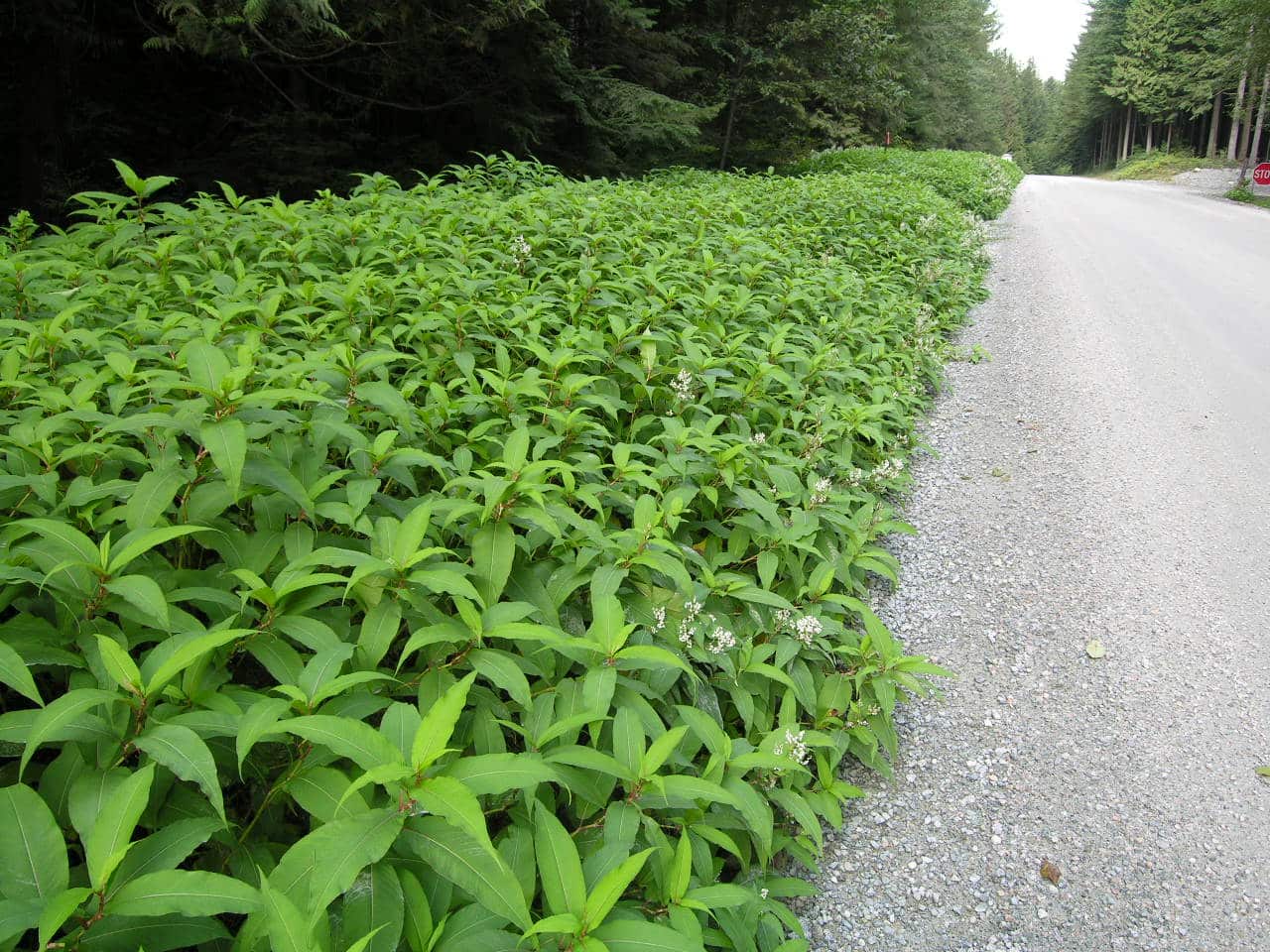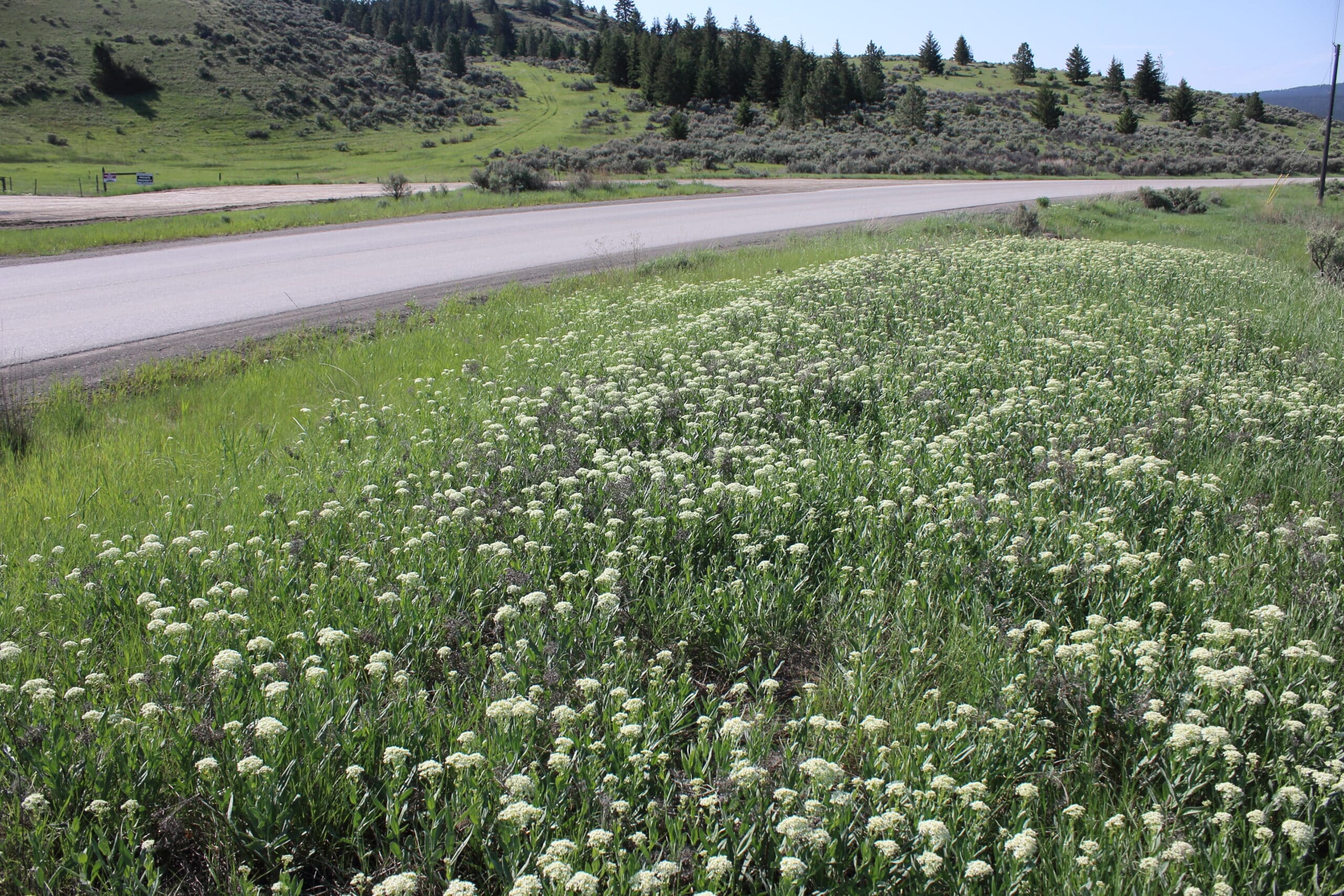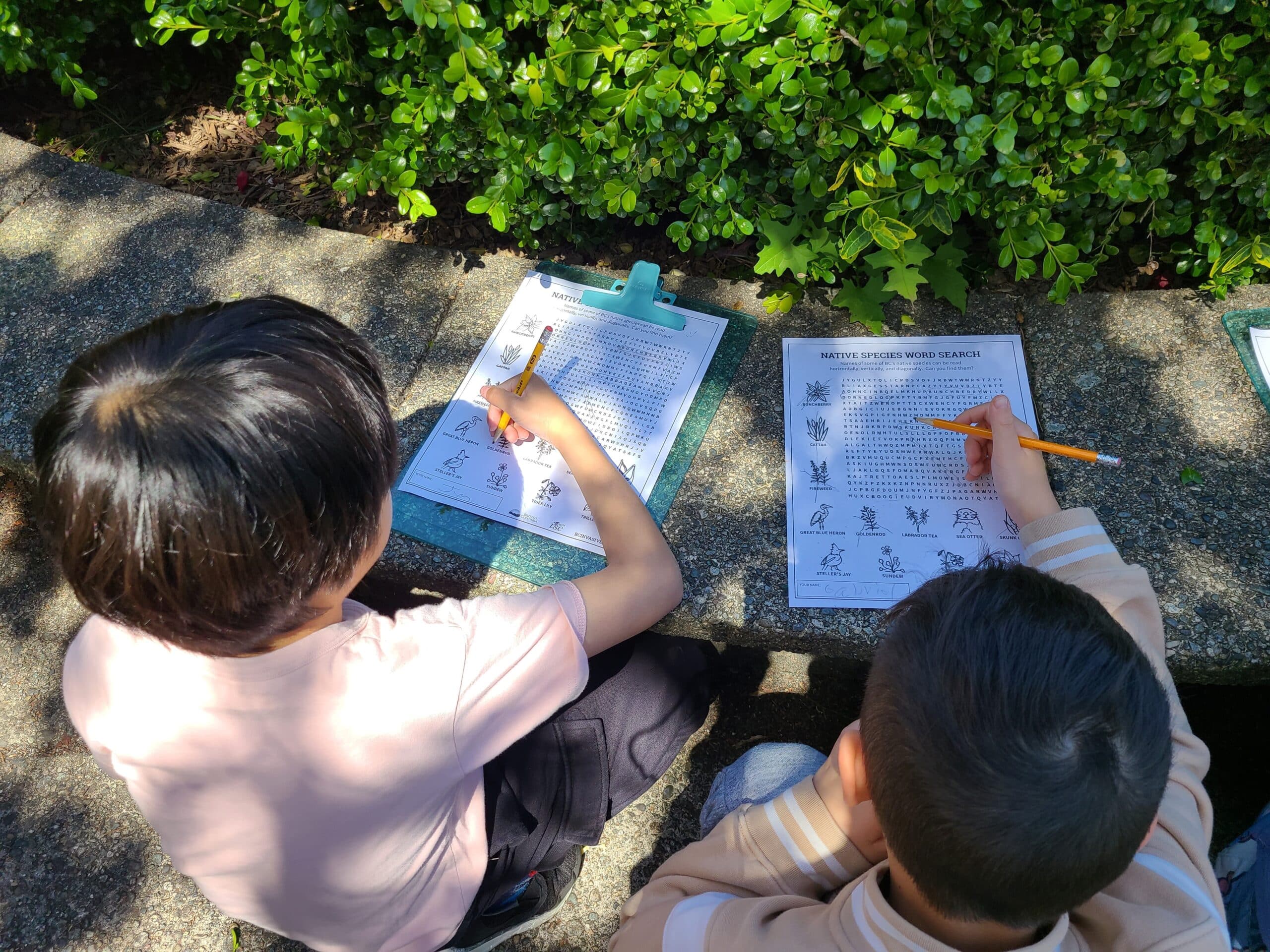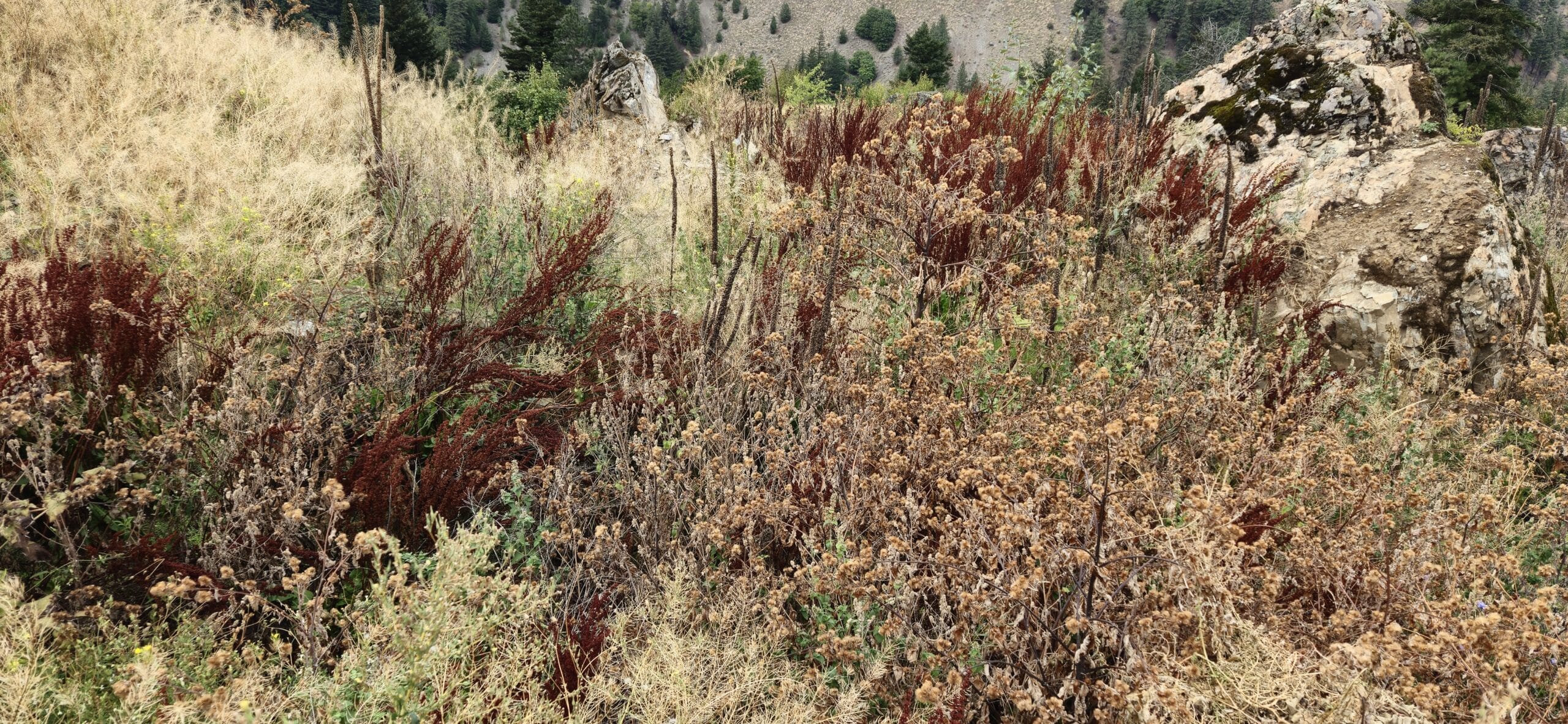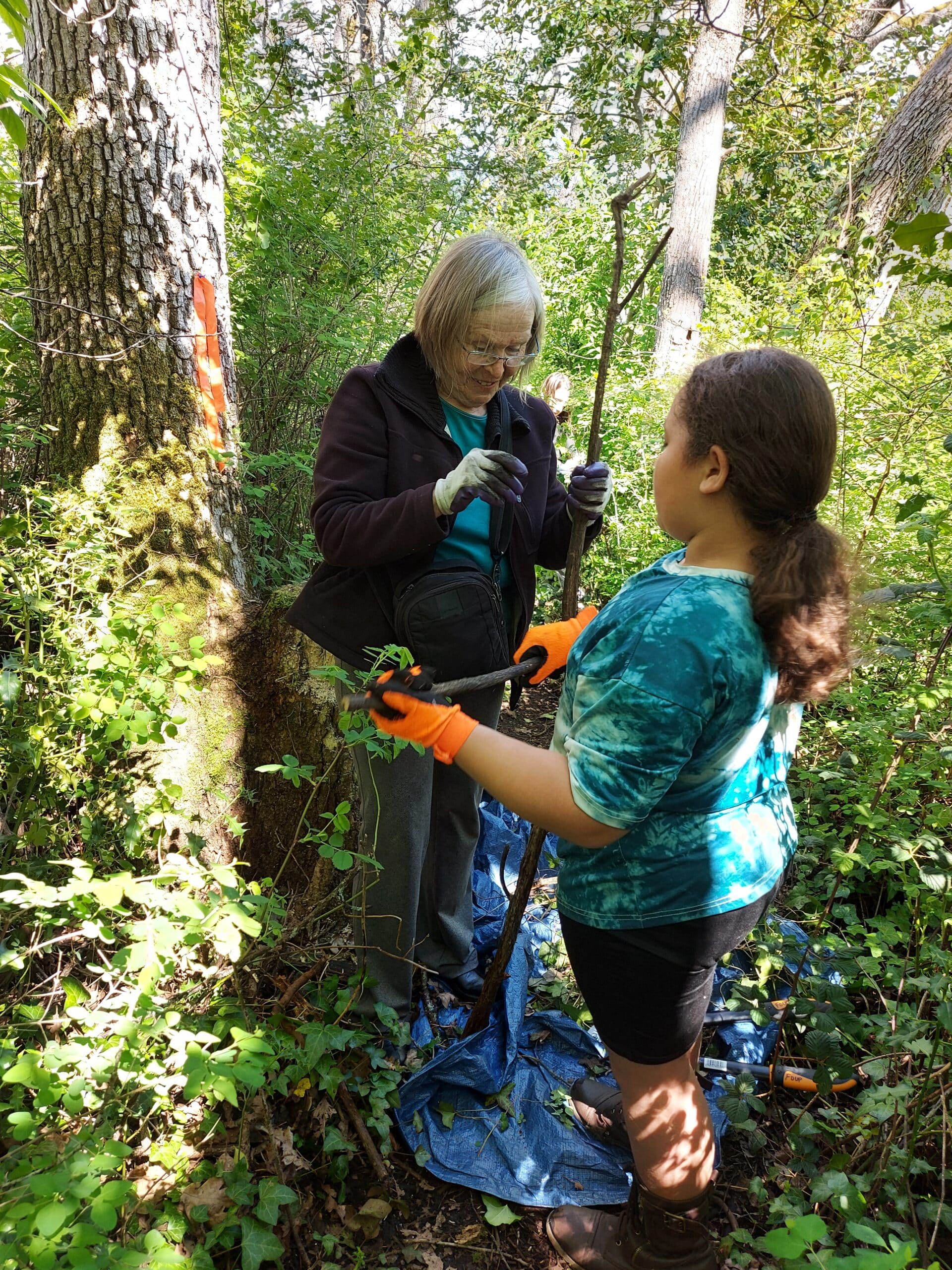By Lisa Houle | August 4, 2022
It’s been an action packed few months for our Stronger BC Action Teams. Working across the province, they have learned valuable skills in invasive species management and the value of collaborative relationships. Our film crew recently captured the Kamloops and Salmon Arm teams in action, a group that often combines resources to tackle larger projects.
Action Team crew and supervisors were on hand to showcase their knowledge of invasive plants in the Kamloops area and the specific techniques involved for managing each plant. Methods used include dead heading flowers to eliminate seed pods, digging out entire plants and ensuring the strong creeping root systems are captured, and using chemical and biological agents such as weevils on persistent species that require a more intense approach to stop their spread.
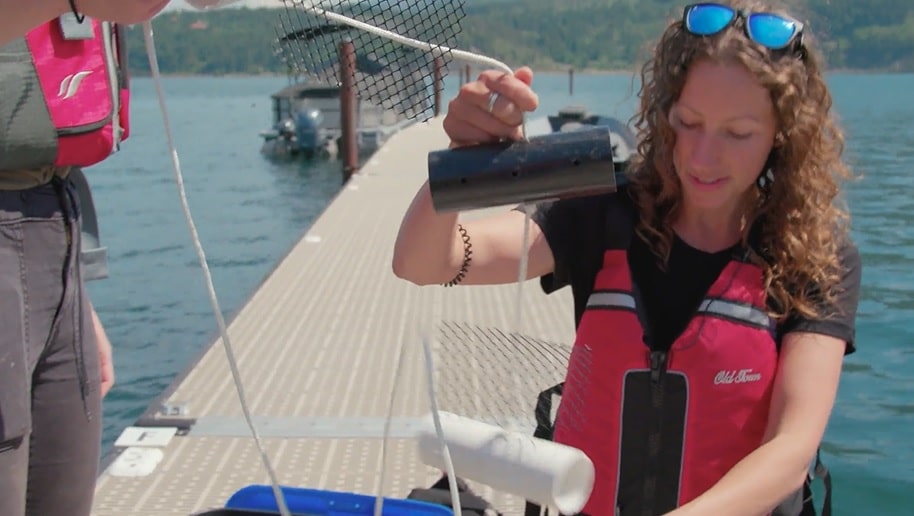
Lara Phillips, Action Team Supervisor in Salmon Arm, installed a substrate sampler to test for Zebra and Quagga mussels in a local Shushwap lake. The sampler will be checked after approximately 30 days and monitored over a period of 3-4 months. If invasive mussels are present, they will be easy to spot, as they will cling to the sampler. Native mussels do not. While boat checks are used across the province to check watercraft that move between areas, proactive sampling is another key method ISCBC employs for early detection.
Crow Bilouzenko, Action Team crew member in Kamloops, showcased her knowledge of removing Western goatsbeard (Tragopogon dubius), a rampant spreader in the Kamloops area, that gets around by its very large puffball seed head similar to a dandelion.
Action Team members learn this type of knowledge on the job. The more people we can educate and employ to carry out invasive species management, the more likely we’ll be able to take back the incredible biodiversity that defines British Columbia.
April Blumberg, Action Team crew member in Salmon Arm, finds working in the field very gratifying. “Sometimes it can feel like a whole lot of doom and gloom in the world, so it’s really great to get out there and feel like you’re making a difference and when you can physically see when you clear that area, that you’ve cleared that plant, that’s really special.”
Brendan Dueck, Action Team Supervisor in Kamloops, agrees. “I enjoy protecting the biodiversity in BC. Being able to see the difference you make is huge for me.”
Alexis Carter, Action Team lead in Kamloops, sees the value in the training she’s received through Stronger BC: “You get a tonne of really excellent training. We’ve done some pesticide applicator training, which is usually something you have to pay for [yourself], training with brush saws, and just general field work. Anyone who is at all interested in working in natural resources, or in a related field, I definitely recommend this.”
Crow also notes: “It’s a lot of fun, you meet a tonne of good people, the teams are awesome, and you do really good work. That’s really important.”
Watch the videos of our Kamloops team in action here:
ISCBC is grateful to the StrongerBC funding from the Province of BC that supports individuals in training and providing work for people whose jobs were impacted by the COVID 19 pandemic and to help protect BC’s lands and waters from invasive species.
Lisa is a Communications and Outreach Coordinator at ISCBC. She values a diverse environment and connecting with others about environmental protection. In her spare time Lisa enjoys spending time at the ocean and beach combing for sea glass. You can reach Lisa at lhoule@bcinvasives.ca
Share


